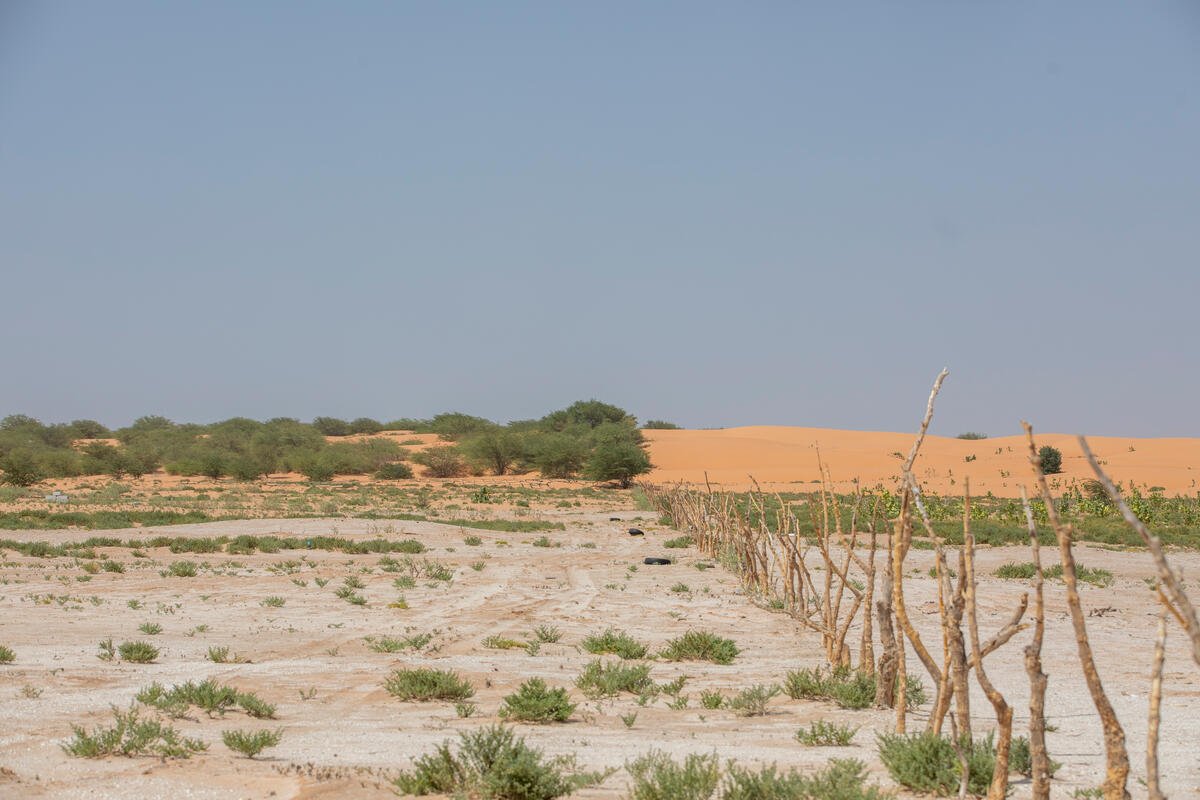Saturday, 21 February 2026

A new study by the Food and Agriculture Organization (FAO) has sounded the alarm over accelerating agricultural land degradation across the globe, with the Arab region emerging as one of the hardest-hit areas. Published in the MDPI journal Agriculture, the study highlights that over 46 million hectares—nearly two-thirds of the 70 million hectares degraded by human activities in the region—are at risk, posing a serious threat to food security and rural livelihoods.
Globally, human-induced degradation now affects 1.66 billion hectares, with over 60 percent of this affecting croplands and pastures. Given that 95 percent of the world’s food production relies on healthy land, the findings signal a critical moment for transforming agrifood systems before degradation becomes irreversible.
In the Arab region, the situation is especially dire. Croplands are increasingly vulnerable due to a range of stressors: overuse of chemical fertilizers and pesticides, rising soil salinity from unsustainable irrigation practices, intensifying sand and dust storms, escalating temperatures, and chronic water scarcity exacerbated by climate change. Despite these pressures, less than 4 percent of land in the region is currently designated for restoration—far below global ambitions.
The study reveals that restoring just 26 million hectares of degraded cropland in the region could narrow yield gaps by up to 50 percent for oil crops and significantly boost productivity for cereals, roots, and tubers. However, meaningful progress demands coordinated action at the regional level. The FAO is now calling for the launch of a dedicated regional initiative to support collaborative land restoration, tailored to local ecological and socio-economic conditions.
Such an initiative would build on the momentum of recent international efforts, including the Riyadh Action Agenda adopted at the UN Convention to Combat Desertification’s COP16 summit in December 2024—the first time the event was held in the Arab region. That summit marked a turning point, with FAO playing a central role in shaping the historic Decision 19/COP.16, which outlined measures for avoiding, reducing, and reversing degradation of agricultural lands.
FAO’s work in the region extends beyond policy. It is actively driving ecosystem restoration through its NENA Regional Investment Framework for Ecosystem Restoration and Development Solutions, developed alongside UNEP, UNCCD, and the League of Arab States. This initiative promotes “champion countries” to lead scalable projects and mobilize investment for sustainable land management.
To support data-driven solutions, FAO has also introduced the Suitability Crop Platform—a cutting-edge tool that delivers essential soil and crop data to guide sustainable agricultural planning. Together, these efforts aim to strengthen national policies, bolster resilience to climate shocks, and protect biodiversity and livelihoods in the region’s fragile drylands.
As land degradation continues to undermine the foundations of global food security, especially in regions already grappling with climate and resource challenges, the FAO’s message is clear: the time to act is now.